In the rapidly evolving landscape of agriculture, tractors stand as a symbol of progress and innovation. These versatile machines have played a pivotal role in transforming traditional farming practices into sustainable ones. In this comprehensive 8000-word article, we will delve deep into the multifaceted role of tractors in sustainable agriculture, exploring their evolution, the technological advancements that make them eco-friendly, and how they contribute to food security and environmental conservation.
Evolution of Tractors: From Steam Power to Sustainability
The Birth of Tractors
The history of tractors can be traced back to the early 19th century when steam-powered machines were first introduced to revolutionize farming. Discover how these giants of the past paved the way for modern tractors.
The Internal Combustion Engine Era
Learn how the advent of the internal combustion engine, coupled with innovative engineering, propelled tractors into the mainstream. This shift marked the beginning of an era defined by efficiency, power, and environmental awareness.
Sustainable Farming with Tractors
Efficiency and Precision
Explore how modern tractors have become the backbone of sustainable farming, thanks to their precision agriculture capabilities. Discover how GPS technology, automated systems, and sensors enable farmers to optimize resource usage and minimize waste.
Reducing Carbon Footprints
Delve into the eco-friendly features of modern tractors, including reduced emissions, alternative fuels, and hybrid options. Learn how these innovations contribute to reducing the carbon footprint of agricultural operations.
Conservation Tillage
Discover the concept of conservation tillage and how tractors are instrumental in its implementation. Explore the benefits of reduced soil erosion, improved water retention, and increased soil health for sustainable farming.
Advancements in Sustainable Tractor Technology
Electric Tractors
Electric tractors are gaining traction in the agricultural world. Learn how they are making farming more sustainable by reducing greenhouse gas emissions and operating costs. Explore the challenges and potential of electrification in agriculture.
Autonomous Farming
Explore the future of sustainable farming with autonomous tractors. Understand how self-driving tractors can optimize field operations, reduce labor costs, and maximize yields while conserving resources.
Smart Farming Integration
Discover how tractors are becoming the central hub of smart farming systems. Explore the integration of data analytics, remote monitoring, and artificial intelligence in tractor technology for sustainable and data-driven decision-making.
Sustainable Agriculture in Action
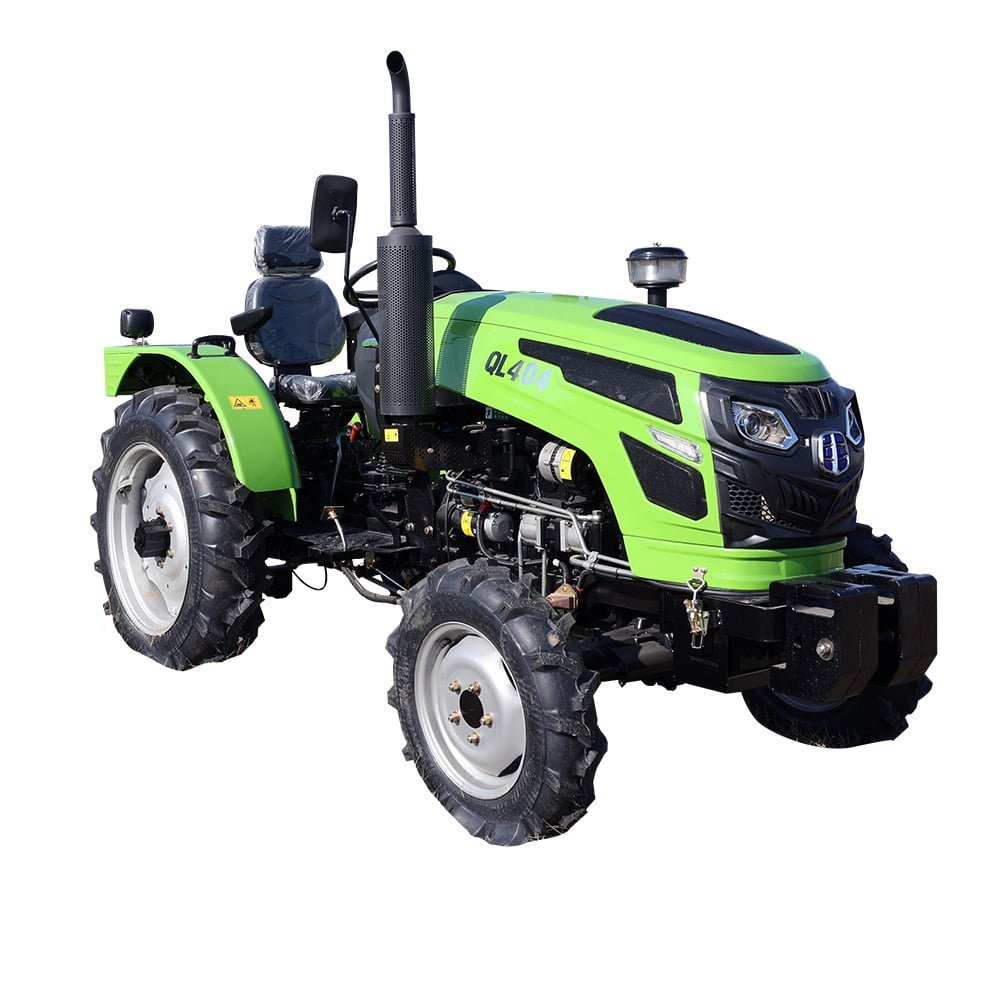
Crop Rotation and Diversification
Learn how tractors enable farmers to implement sustainable practices like crop rotation and diversification. These strategies improve soil health, reduce the risk of pests and diseases, and enhance overall farm sustainability.
Precision Irrigation
Explore the role of tractors in precision irrigation, ensuring that water resources are used efficiently. Discover how automated irrigation systems and soil moisture sensors contribute to sustainable water management.
Organic Farming and Tractors
Understand the synergy between tractors and organic farming practices. Discover how tractors are used in organic weed control, composting, and the cultivation of organic crops, promoting chemical-free and environmentally friendly agriculture.
FAQ
Q1: What is the environmental impact of traditional tractors compared to modern sustainable tractors?
Traditional tractors tend to have a higher environmental impact due to emissions and less efficient resource usage. Modern sustainable tractors, with features like reduced emissions and precision agriculture, are designed to minimize their ecological footprint.
Q2: Can small-scale farmers benefit from sustainable tractor technology?
Absolutely. Many sustainable tractor features, such as precision agriculture and reduced fuel consumption, can benefit small-scale farmers by increasing productivity and reducing operating costs.
Q3: How do I transition to sustainable farming practices with tractors?
Transitioning to sustainable farming practices involves investing in modern tractors equipped with sustainable features, implementing precision agriculture techniques, and adopting eco-friendly farming methods. Consulting with agricultural experts can be invaluable.
Q4: Are there government incentives for adopting sustainable tractor technology?
In some regions, governments offer incentives, subsidies, or tax breaks to encourage farmers to adopt sustainable tractor technology. Check with your local agricultural agencies to explore available programs.
Q5: What is the future outlook for tractors in sustainable agriculture?
The future of tractors in sustainable agriculture looks promising. Continued advancements in technology, including electrification and automation, will further enhance the sustainability and efficiency of tractor-based farming practices.
Conclusion
Tractors have transcended their role as mere workhorses on the farm. They have become champions of sustainable agriculture, driving efficiency, reducing environmental impact, and ensuring food security for a growing global population. As the agricultural landscape continues to evolve, tractors will remain at the forefront of sustainable farming practices, guiding the way towards a greener and more sustainable future.

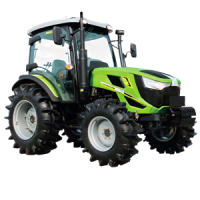
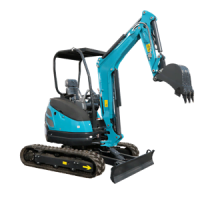
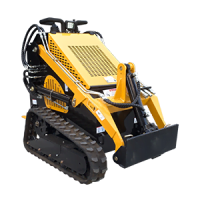
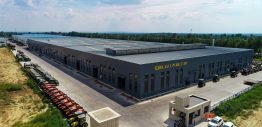
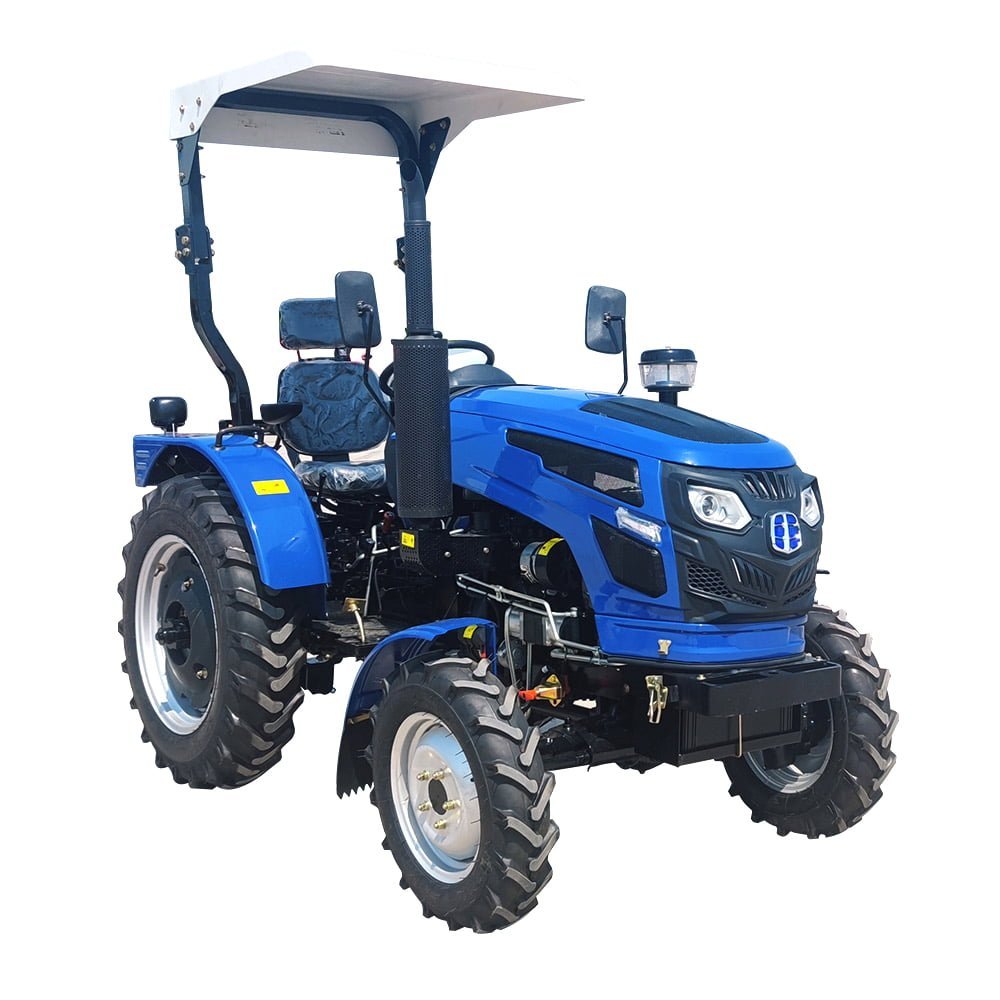
-1.png)